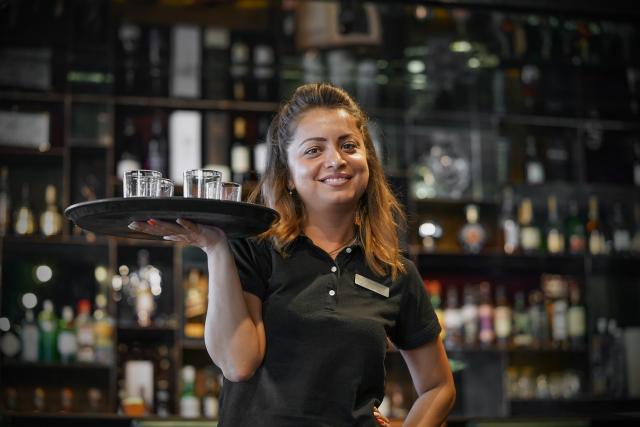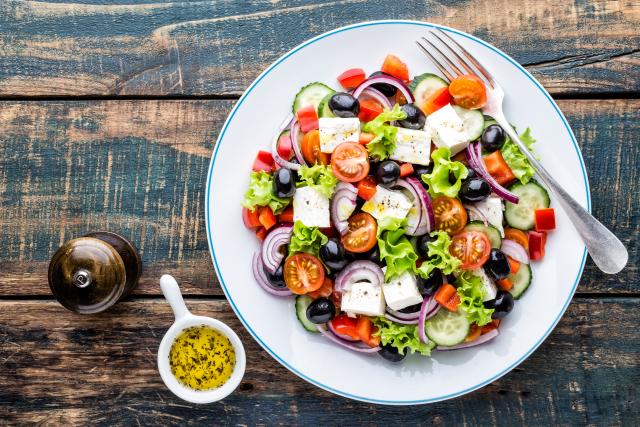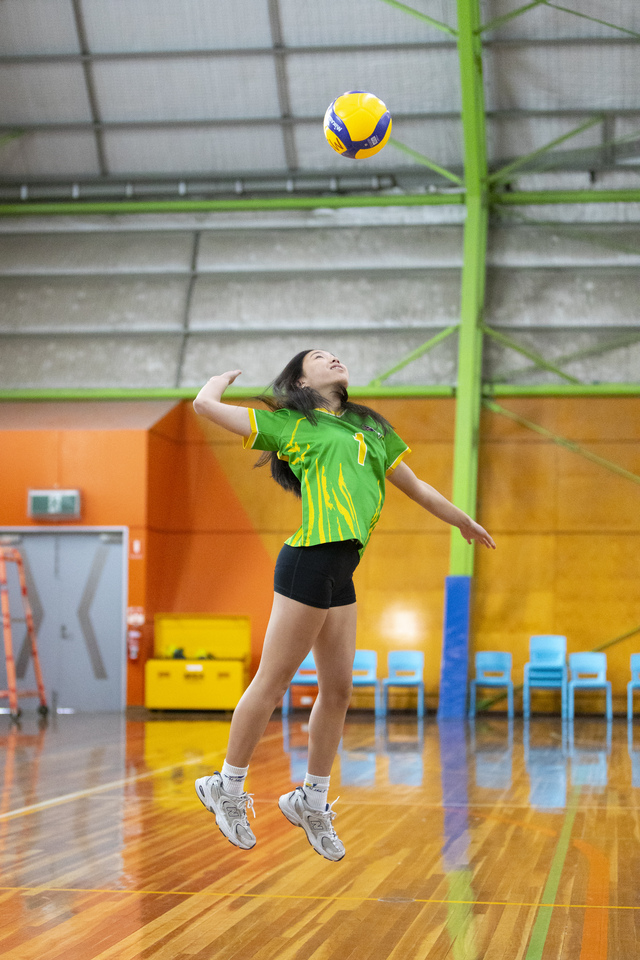Researchers will assess the importance of Werribee South’s market gardens as part of a study aiming to save farms in Melbourne’s fringe suburbs.
Project leader and Deakin University research fellow Dr Rachel Carey says Werribee South is significant because of its proximity to Melbourne.
She said what made Melbourne’s food special was that a lot of produce was grown on the city fringes.
“But the farms that surround the city fringe are fast disappearing and taking the local food bowl with them,” Dr Carey said. “As the city grows, it is gobbling up our best farmland and replacing it with houses.”
Dr Carey said the Deakin University-based Food Alliance, funded by VicHealth, was studying produce-growing areas in Werribee, Cranbourne, Bacchus Marsh, Koo Wee Rup, the Mornington Peninsula and Yarra Ranges.
She said the study would confirm what was produced and where, with the information used to educate the public and decision-makers about the importance of local food bowls. It will include farmers’ stories and lists of where to buy farm gate produce.
“This is an important first step in securing long-term protection for these areas so that future generations can continue to enjoy local foods from Melbourne,” Dr Carey said.
“We all understand the importance of superannuation and saving for the future and these food bowl areas around Melbourne are our collective superannuation fund, our food for the future.”
Dr Carey said Werribee South, like other city fringe farming areas, was under pressure from housing and other developments.
She said researchers were seeking donations through crowdfunding. If they raise $9000, they will profile farms in Werribee South and Cranbourne because they are closest to the city and the most under threat. All six areas will be investigated if $15,000 can be raised.






